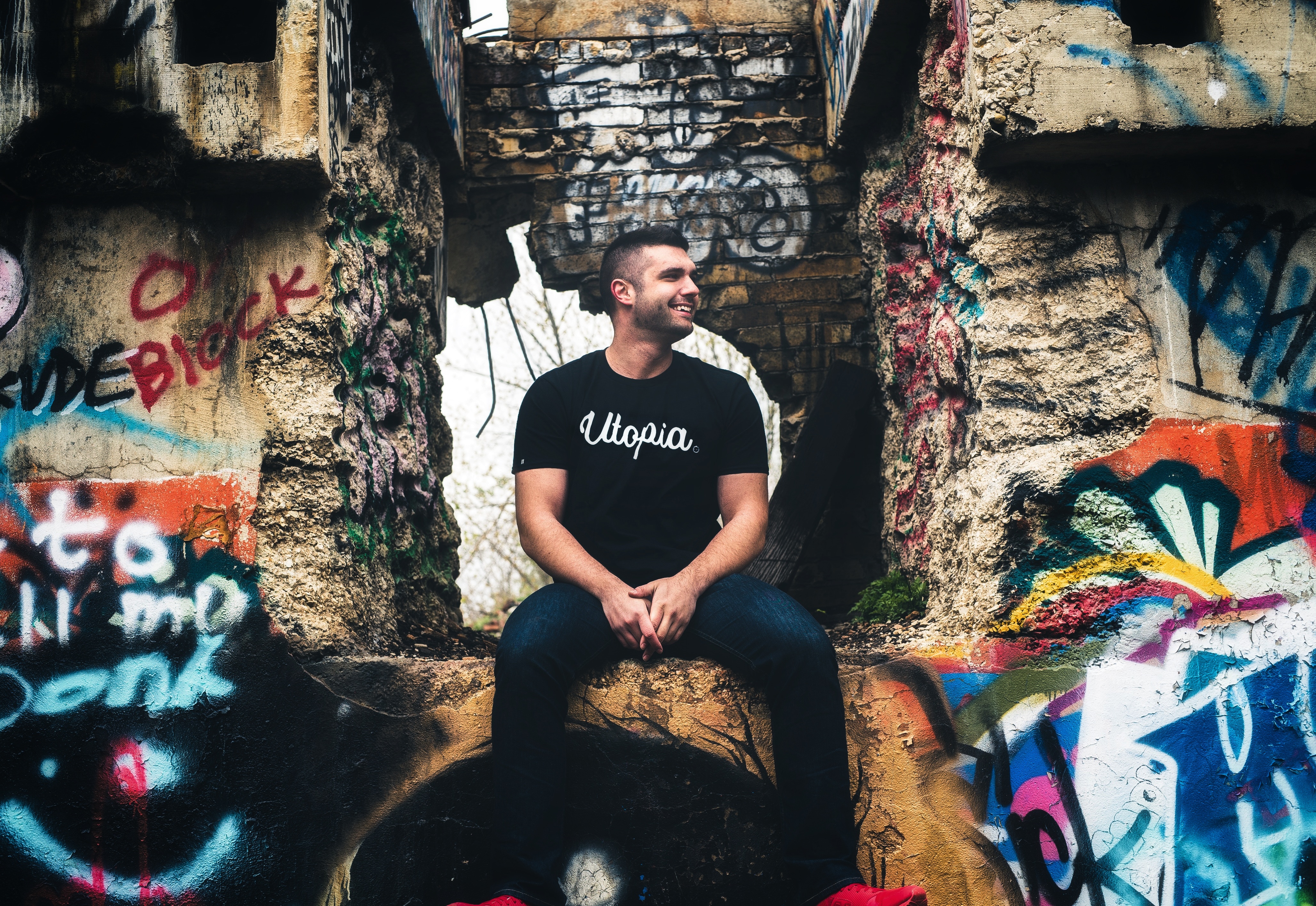Exponentially more bad ideas in the world
This is a half-formed thought, and one I may come back to.
If you’re a regular person and you wake up and have a cool-but-not-very-sensible idea, then you might tell a couple of people about it. Nothing happens; your idea dies a short and noble death. If you’re a billionaire and have a cool-but-not-very-sensible idea, then you can fund and staff programmes to bring it to life. I don’t really need to point to examples, but I’ll gesture in the general direction of most things the Gates Foundation have done in education.
I think that might change with AI, and specifically AI agents, which are defined in the following way in a recent MIT Technology Review article:
The grand vision for AI agents is a system that can execute a vast range of tasks, much like a human assistant. In the future, it could help you book your vacation, but it will also remember if you prefer swanky hotels, so it will only suggest hotels that have four stars or more and then go ahead and book the one you pick from the range of options it offers you. It will then also suggest flights that work best with your calendar, and plan the itinerary for your trip according to your preferences. It could make a list of things to pack based on that plan and the weather forecast. It might even send your itinerary to any friends it knows live in your destination and invite them along. In the workplace, it could analyze your to-do list and execute tasks from it, such as sending calendar invites, memos, or emails.
People are already wringing their hands about the ‘AI slurry’ taking over the web, but what about when we go up a couple of notches from content? What happens when our misguided, or even actively dangerous, ideas can be acted upon by AI? I’m actually thinking less Universal Paperclips than AI as a kind of Rumplestiltskin or Midas character.
More soon.


